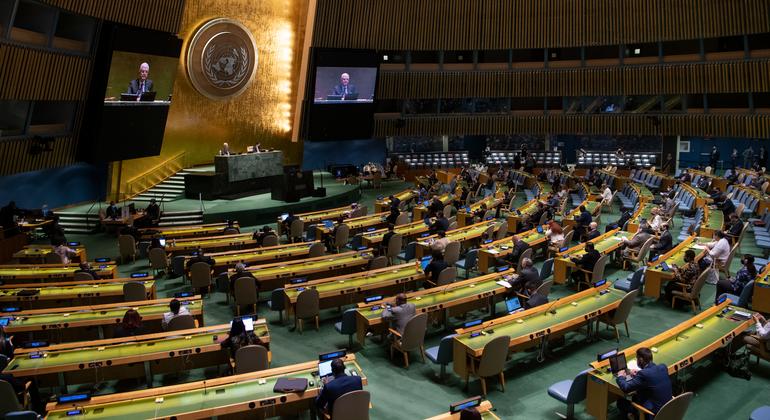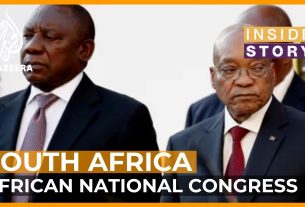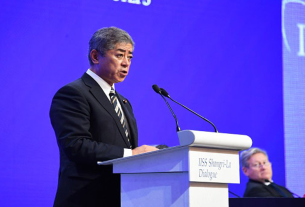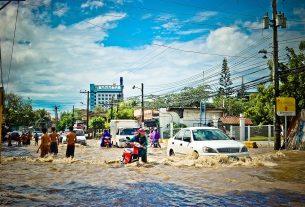11:16 AM
The Cuban foreign minister Bruno Rodríguez Parrilla, is introducing the draft resolution now… He says the more than 60-year blockade violates the rights of all Cuban men and women.
Families lack goods, there are long queues, excessively high prices, and the Government makes great efforts to feed its people. He said the blockade deprives the agricultural industry of funds to buy animal fodder, industrial equipment and other necessities for food production.
Despite wavers on food products, the US is violating rules of international trade, he said.
“Cuba is prevented from buying from US companies and its subsidiaries in third countries, equipment, technologies, medical devices and end use pharmaceuticals, and is therefore forced to acquire them at exorbitant prices by way of intermediaries or to replace them with less-effective generic drugs,” he said, citing testimony from Cuban families wrestling with serious illnesses.
He said 80 per cent of the population has never known life without the crippling US blockade. It is “an act of economic warfare, in times of peace”, creating a situation of ungovernability and an attempt to destroy the constitutional order, he added.
More to come…
10:58 AM
Gabon
The Representative of Gabon, Ambassador Aurélie Flore Koumba Pambo, voiced her country’s concern over the continuing embargo.
“The scale of its impact is more and more harmful to the Cuban people,” she said, noting that the “economic blockade is a “clearly a hostile act to region and continental cohesion”.
Speaking on behalf of her country – currently serving on the Security Council – she said the embargo stood against international law, the UN Charter and normal measures that “govern peaceful relations between States.” She said had a negative impact on culture, public health and the wellbeing of Cuba’s people.
“It is the main obstacle to the social and economic development of Cuba”, she added.
10:14 AM
Chile
Paula Narváez Ojeda, Ambassador and Permanent Representative of Chile, reaffirmed her country’s conviction that the implementation of unliteral coercive measures runs counter to international law
“Chile does not agree with the imposition of unilateral sanctions of any kind, the only legitimate sanctions are those adopted by the Security Council in the exercise of its authority for the maintainance of international peace and security,” she said, referring to the responsibilities of the Council under Chapter VII of the UN Charter.
She noted that the economic embargo is an anachronism from a bygone age and must be ended once and for all.
10:07 AM
The President, or PGA as the UN acronym goes, has just formally begun proceedings. This is the 26th plenary meeting of the world body since the 78th session began in September.
The first to speak will be Peru, with 16 countries due to speak before the vote is due to take place.
Peru
Ambassador Luis Ugarelli said his country “shares the view of practically the entire international community” that the embargo is against the principles of the UN Charter and international human rights law, saying his country would support the resolution, as it has done for more than 30 years.
10:05 AM
The session is just about to get underway under the gavel of the President of the General Assembly, Dennis Francis. Delegates are still filing in to the gilded Hall at UN Headquarters.
The US imposed the embargo in response to the revolution led by Fidel Castro and subsequent nationalization of property belonging to US citizens under the new Government.
A thaw in diplomatic relations between Cuba and the Obama administration in 2016 led the US to abstain on the resolution for the first time, but the US reverted to opposing the measure in 2017.
For a look back at the state of relations in the General Assembly when the US embargo was first imposed, here’s a video from our Stories From the UN Archive series featuring the longest address in history by the youthful Cuban leader:
The resolution has been overwhelmingly passed each time, but the pattern of voting has been carefully analyzed as a snapshot of current geopolitical alliances and tensions.
09:40 AM
Debate on the resolution began yesterday and continues today at 10 AM New York time, with Cuba and US among the key countries expected to take the floor today.
Yesterday saw an overwhelming number of Member States underscore the many harmful and long-lasting consequences the decades-long embargo has had on the Caribbean island nation.
Many cited the Secretary-General’s report on the impact on Cuba’s overall human development, with the Assembly calling for the embargo to be lifted every year the resolution has been debated.
Click here to catch up on the discussions from Wednesday, from the UN Meetings Coverage Section
Para seguir la cobertura en español pulse en este enlace
Action on the draft
At the end of the debate, action is expected to vote on a draft resolution entitled “Necessity of ending the economic, commercial and financial embargo imposed by the United States of America against Cuba.”
This item has been a regular fixture on the Assembly’s agenda, and the body has, in previous years, voted overwhelmingly in favour of an end to the measures.
Last year for instance, 185 Member States voted in favour to 2 against (Israel, United States), with 2 abstentions (Brazil, Ukraine), expressing concern about the adverse effects of such measures on the Cuban people and on Cuban nationals living in other countries.



